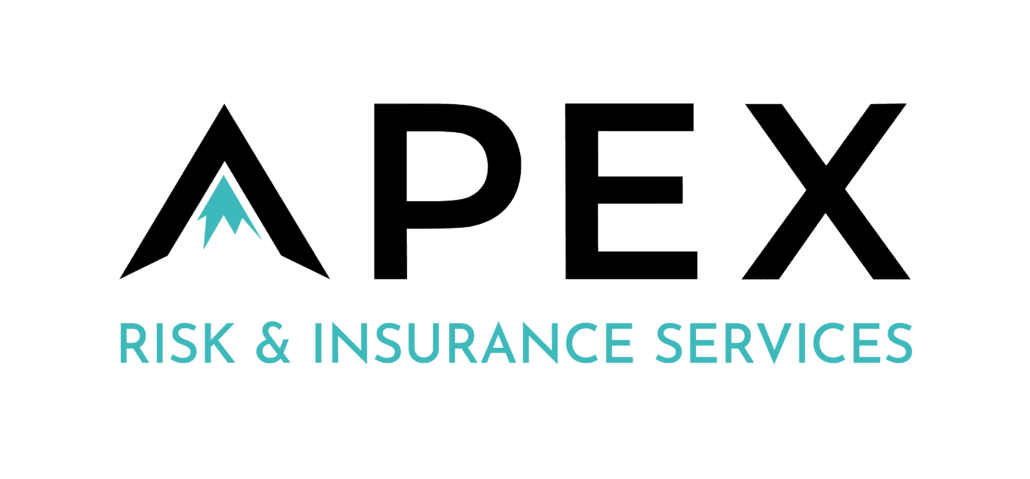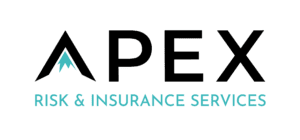7 Things Your Insurance Broker Needs to Know
Your business insurance keeps you protected from unexpected risks, but it’s essential to keep your insurance broker up-to-date on any changes in your business.
Why?
By keeping your insurance broker informed, you ensure that your coverage remains comprehensive and tailored to your needs. Your broker relies on accurate information about your business to assess your risk profile and recommend appropriate coverage options. Without timely updates, you could be left vulnerable to potential gaps in coverage or paying for unnecessary policies.
Here are seven simple updates that your insurance broker needs to know to make sure you have the right coverage:
1. You Moved Offices
If you moved your business to a new location, it’s important to inform your insurance broker promptly. Moving to a new address can impact your insurance coverage, as different locations may have varying risks and regulations. Your broker needs to update your policy with the new address to ensure that your coverage aligns with your new place. They’ll also assess any changes in risk factors associated with the new location and make adjustments to your policy as necessary.
By keeping your broker informed about your office relocation, you can avoid potential coverage gaps and ensure that your business remains adequately protected.
2. You Launched a New Product
Introducing a new product or service is an exciting milestone for your business, but it also comes with potential risks. If you’ve started selling something new, it’s essential to notify your insurance broker. They’ll assess the liability implications of your new product and determine if you need additional coverage to protect against potential claims or lawsuits.
Whether it’s a physical product, a digital service, or an innovative solution, your broker will work with you to ensure that your insurance policy provides comprehensive coverage tailored to your evolving business offerings.
3. You Hired Employees Out of State
Hiring employees in another state can have implications for your insurance coverage. Different states have varying employment laws and regulations, which may affect your insurance requirements. It’s crucial to inform your broker about any out-of-state hires so they can review your coverage and ensure compliance with relevant laws. Your broker will assess the potential impact on your workers’ compensation, liability, and other insurance policies, making any necessary adjustments to ensure that you have the right coverage in place.
By keeping your broker informed about your expanding workforce, you can avoid potential compliance issues and maintain adequate protection for your employees and your business.
4. You Bought or Leased New Vehicles
Acquiring new vehicles for your business fleet is a significant investment that requires updating your insurance coverage. Whether you purchased or leased new vehicles, it’s essential to notify your insurance broker promptly. Your broker will assess the insurance implications of the new vehicles, including coverage for liability, physical damage, and any additional endorsements required. They’ll ensure that your policy reflects the updated vehicle inventory and adjust your coverage limits accordingly.
5. You Added Vital Equipment or Inventory:
Adding new equipment or inventory to your business operations can impact your insurance needs. Whether it’s machinery, technology, or merchandise, it’s crucial to inform your insurance broker about any significant additions. Your broker will review your existing coverage to determine if it adequately protects your new assets and make any necessary adjustments. They’ll ensure that your policy reflects the updated value of your equipment or inventory and that you have sufficient coverage in case of theft, damage, or other perils.
6. Your Revenues or Payroll Changed:
Significant changes in your business’s revenues or payroll can have implications for your insurance coverage and premiums. If your financial metrics have changed substantially from your original estimates, it’s essential to inform your insurance broker. Your broker will assess the impact of the changes on your insurance needs and adjust your coverage and premiums accordingly. They’ll ensure that your policy reflects your current financial situation and provides adequate protection for your business operations.
7. You’re Negotiating a Contract with Insurance Implications:
Before signing any contracts or agreements with insurance implications, it’s crucial to consult with your insurance broker. Whether it’s a lease agreement, a partnership contract, or a client agreement, your broker can help you understand the insurance implications and ensure that your coverage adequately addresses the associated risks. They’ll review the contract terms, including any insurance requirements or indemnification clauses, and provide guidance on how to protect your interests.
By involving your broker in the negotiation process, you can avoid potential gaps in coverage and ensure that your insurance policies provide comprehensive protection for your business activities.
Final Notes
By keeping your insurance broker in the loop about these simple updates, you can make sure your business stays protected. It’s all about making sure your coverage matches what’s happening in your business, so don’t hesitate to reach out to your broker whenever things change.
Learn More About Apex
Apex was founded to fill the service and consultative gap left by agency consolidations in the insurance marketplace. These consolidations have left customers who are used to a boutique service approach with no personal connection to their team.
Apex brings the high-touch service proposition back to San Diego businesses and beyond.
At Apex Risk & Insurance Services, we use the Apex Proven Process to learn about your business, strategize to assemble the right program for you, and use our deep industry and market knowledge to leverage the best pricing and coverage.
This leaves small business owners with more time to do what they do best: Run their business knowing that their company and employees are protected.
Check out our commercial insurance policies, then, read on to learn what makes us different.




